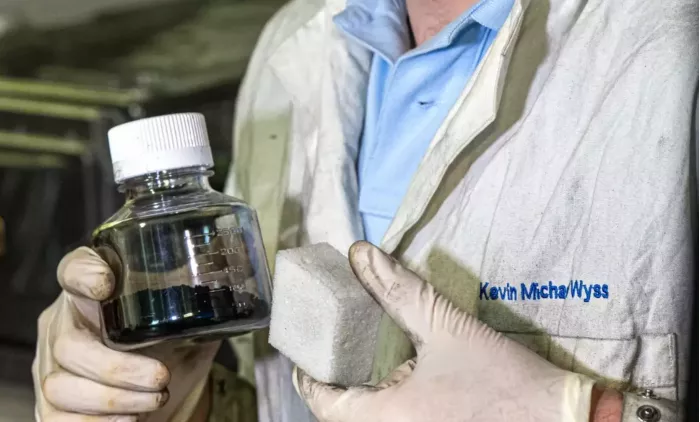In 2021, the recovery rate of plastic waste after consumption in the United States was frustrating, about 5%, lower than the peak of 9.5% in 2014. At that time, the United States exported millions of tons of plastic waste to China and counted it as recycling. Generally speaking, recycling can become an effective way to recycle natural material resources. The paper recovery rate in the United States is as high as 68%, which proves this The problem with recycling plastics is not the concept or process, but the material itself
The first problem is that there are thousands of different kinds of plastics, each of which has its own composition and characteristics. They all include different chemical additives and colorants, which cannot be recycled together, so it is impossible to treat trillions of plastics by categories. For example, green pet1 bottles cannot be recycled together with transparent pet1 bottles, which is why South Korea has banned color pet1 bottles. High density polyethylene (hdpe2), polyvinyl chloride (pvc3), low density polyethylene (ldpe4), polypropylene (pp5) and polystyrene (ps6) must be recycled separately.

A fast food meal alone may involve many different types of disposable plastics, including pet1, hdpe2, ldpe4, pp5 and ps6 cups, covers, trays, bags and tableware, which cannot be recycled together. This is one of several reasons why the plastic fast food service cannot be legally called recyclable in the United States. Another problem is the reprocessing of plastic waste. Plastic is flammable. The risk of fire in plastic recycling facilities will affect neighboring communities.
Unlike metal and glass, plastics are not inert. Plastic products may include toxic additives and absorbent chemicals and are usually collected in roadside dustbins filled with potentially hazardous materials, such as plastic pesticide containers. According to a report issued by the Canadian government, recycled plastics pose a toxic risk. It is prohibited to recycle the vast majority of plastic products and packaging produced for food.
Another problem is that plastic recycling is not economical at all. Recycled plastic is more expensive than new plastic because the cost of collecting, sorting, transporting and reprocessing plastic waste is too high. The petrochemical industry is expanding rapidly, which will further reduce the cost of new plastics. Despite this apparent failure, the plastics industry has launched a decades long campaign to perpetuate the myth that this material can be recycled. The campaign is reminiscent of the tobacco industry's efforts to convince smokers that filtered cigarettes are healthier than unfiltered cigarettes.
Consumers can put pressure on companies to stop placing disposable plastics on store shelves by choosing reusable products and better packaged products instead of purchasing disposable plastics. We should all continue to recycle our paper, boxes, cans and glass, because it really works.